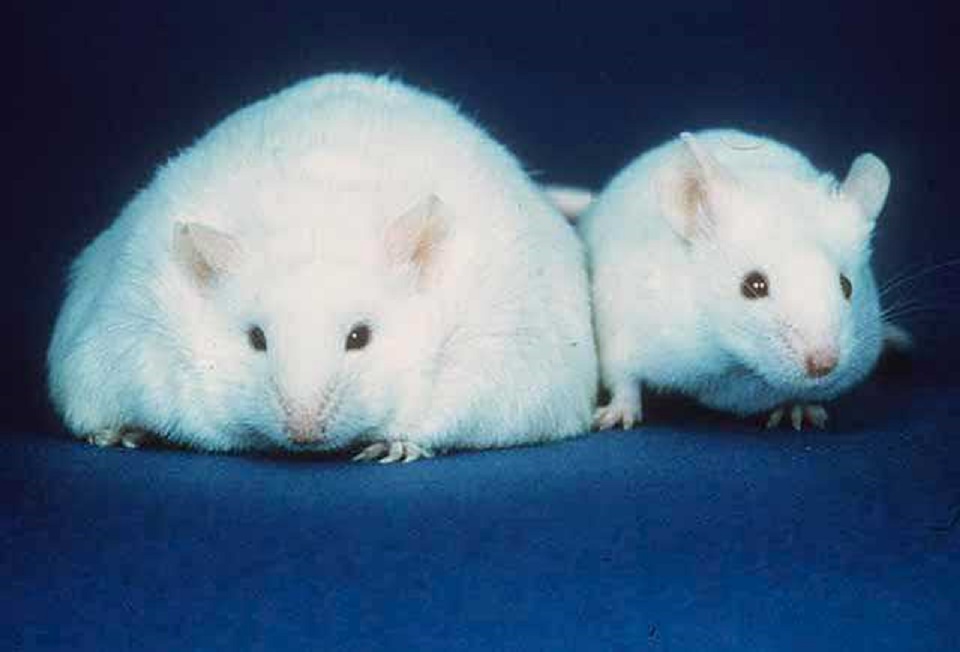
Scientists have found a gene they call IRX3 which appears to control how our metabolism works. As it seems to be responsible for if we put weight on, or not.
IRX3 Makes Mice More Prone to Obesity
In a recent study on mice, researchers noted that mice lacking the IRX3 gene remained slim almost regardless of how much food they ate, and moreover they appear resistant to developing diabetes.
The study Obesity-associated variants within FTO form long-range functional connections with IRX3 was conducted at the University of Chicago and has been published in the journal Nature.
The discovery also highlights the complexity of gene interactions. Another gene called FTO was until recently believed to be the “holy grail” of obesity science and was the focus of much research.
But the FTO gene did not live up to the expectations. It did, however, provide clues to what would lead the scientists to this recent discovery. Since, it turned out that parts of the FTO gene do in fact control a completely different gene, the IRX3.
And when the researchers started to fiddle with this gene, remarkable things happened. On average, the mice lacking the IRX3 gene weighed 30% less compared with their species which had the IRX3 gene. The reasoning behind this remarkable finding is that the metabolism increases markedly in mice lacking IRX3.
Furthermore, the mice did not gain weight on a high-fat diet, they were resistant to metabolic disorders such as diabetes and they had much more of the energy-burning cells known as brown fat. The same results were seen in mice in which the expression of IRX3 was blocked in the hypothalamus in their brains.
Senior study author Marcelo Nobrega, Ph.D., associate professor of human genetics at the University of Chicago mentioned in a press release; “These mice are thin. They lose weight primarily through the loss of fat. But they are not runts,”.
Co-author Chin-Chung Hui, Ph.D., professor of molecular genetics at the University of Toronto. “They are also completely resistant to high-fat-diet-induced obesity. They have much better ability to handle glucose, and seem protected against diabetes.”
The researchers now hope that the findings of IRX3 will be a key breakthrough in developing drugs against obesity in humans.
_______________
Obesity-associated variants within FTO form long-range functional connections with IRX3
______________________________











![OpenAI. (2025). ChatGPT [Large language model]. https://chatgpt.com](https://www.illustratedcuriosity.com/files/media/55099/2638a982-b4de-4913-8a1c-1479df352bf3-350x260.webp)










